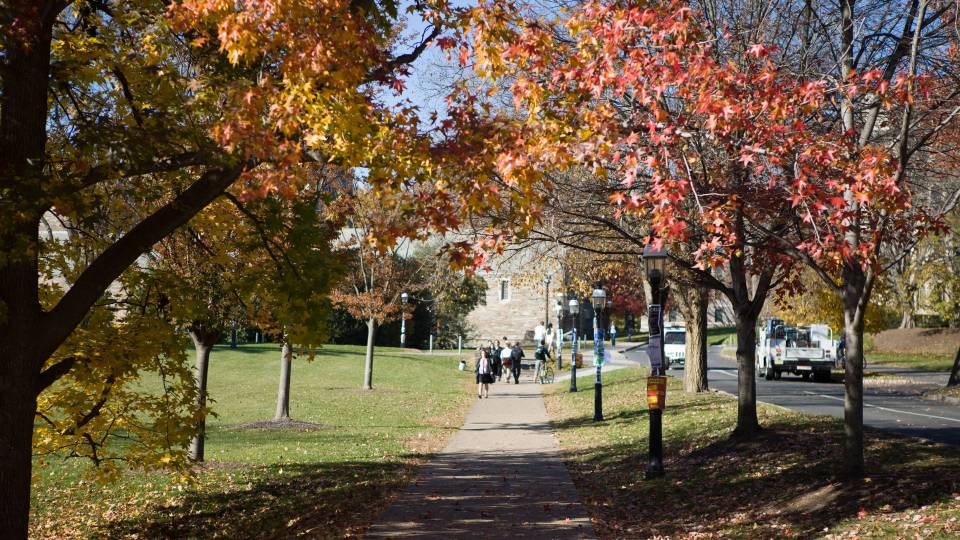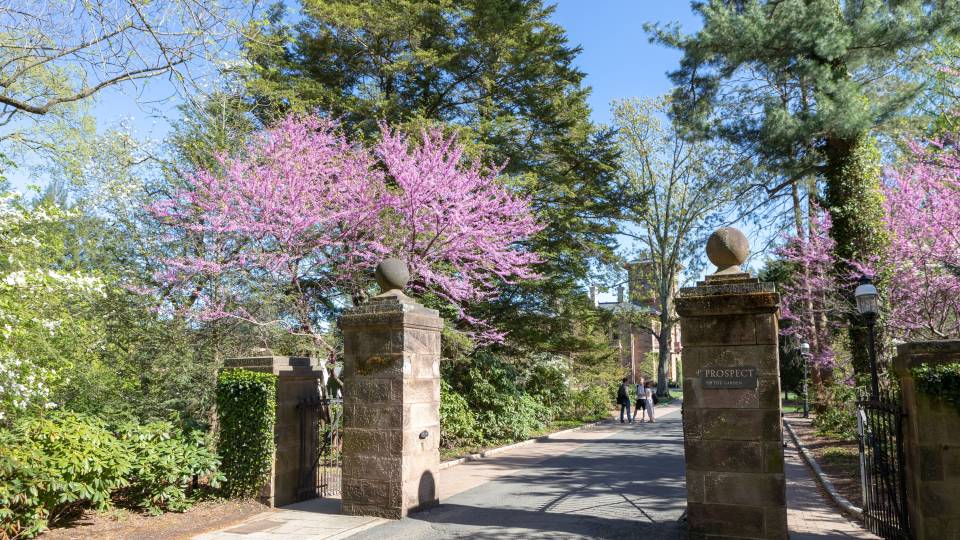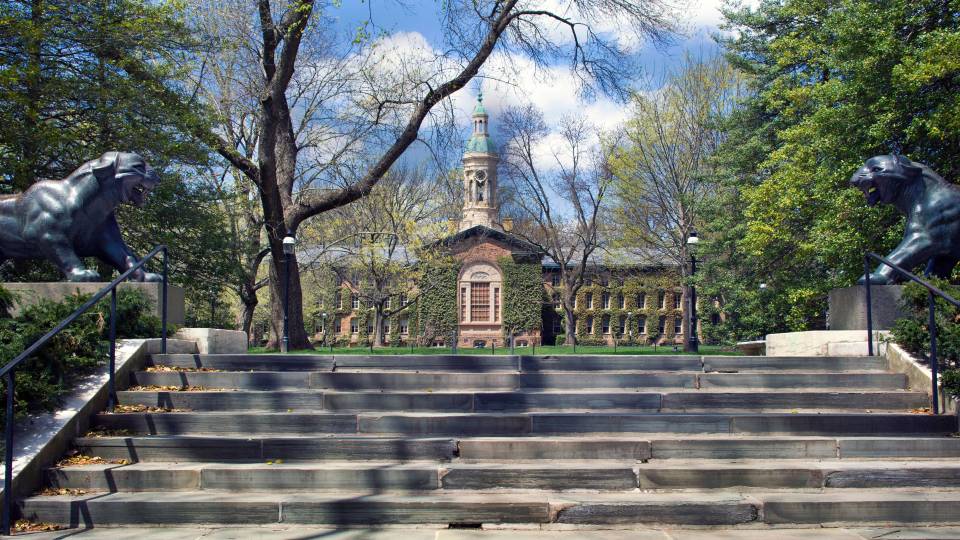Princeton University has been recognized for its success in broadening diversity and inclusion on campus with a 2013 Higher Education Excellence in Diversity (HEED) Award. The magazine "INSIGHT Into Diversity" gives the award annually to a number of U.S. colleges and universities that demonstrate an outstanding commitment to diversity.
"The HEED Award makes a wonderful statement about Princeton's success in creating an inclusive campus environment and reflects the hard work and commitment of many individuals all across the University," said Michele Minter, Princeton's vice provost for institutional equity and diversity.
The award is based on an institution's level of achievement and commitment in regard to broadening diversity and inclusion on campus through initiatives, programs and outreach; student recruitment and retention; and hiring practices for faculty and staff. It also recognizes schools that support diversity in many forms, including gender, race, ethnicity, veterans, people with disabilities and members of the Lesbian, Gay, Bisexual and Transgender (LGBT) community.
Princeton's recent efforts include the adoption of a comprehensive strategy to increase the diversity and inclusivity of graduate students, postdoctoral fellows, faculty and senior administrators. The strategy builds on Princeton's significant advances over more than five decades, including greatly increasing the racial, cultural and socioeconomic diversity of the undergraduate student body.
Other efforts have included: the establishment of the Center for African American Studies and the Program in Latino Studies; the creation of the LGBT Center; the increase in international opportunities for students and faculty, as well as partnerships with research institutions around the world; and the expansion of the University's financial aid program to increase greatly the number of low- and moderate-income and international students.
The award also acknowledges the number of University programs that support and promote a diverse campus community, ranging from multicultural student and employee groups to offices such as the Davis International Center and Carl A. Fields Center for Equality and Understanding.



